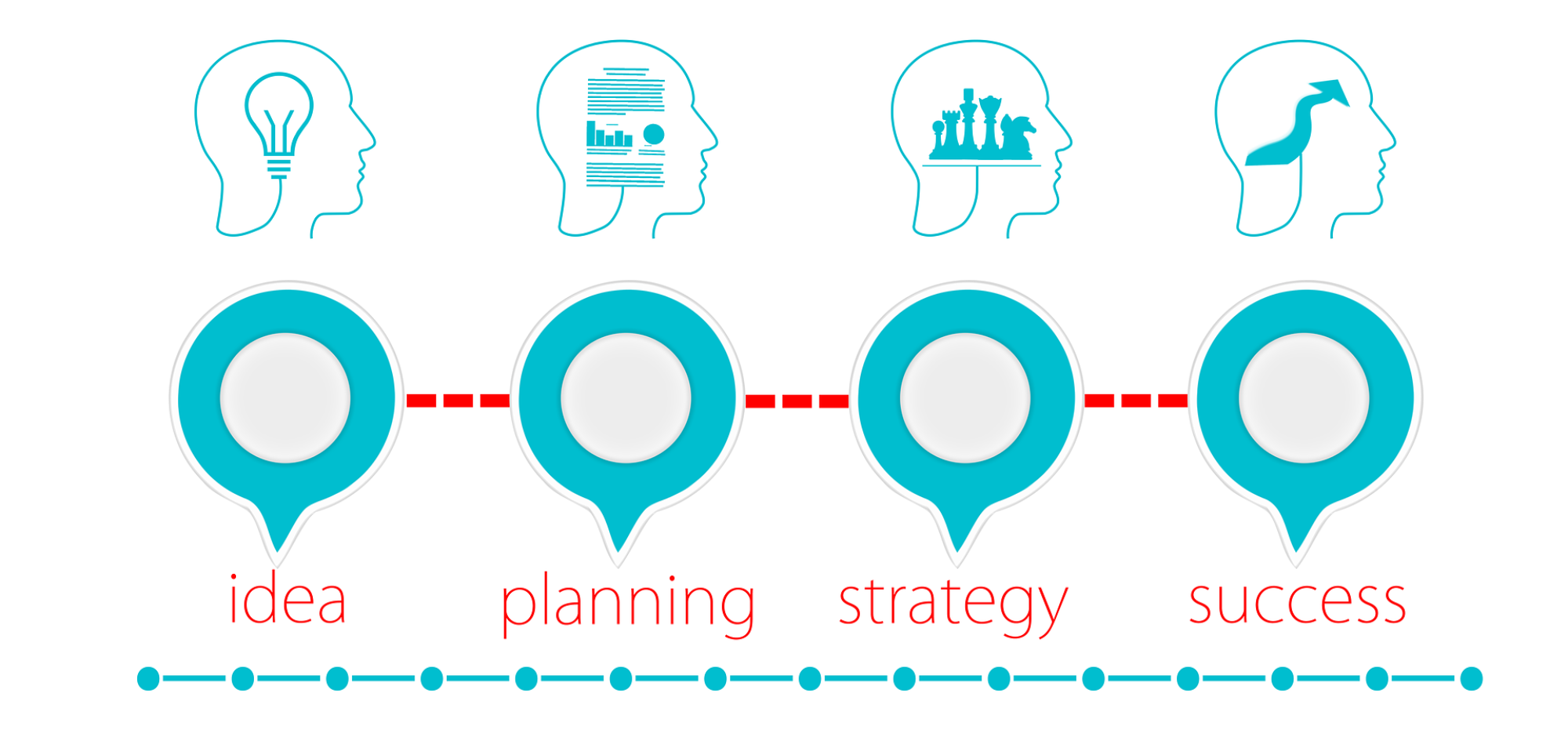From the dozens of “I got out of debt” success stories we’ve documented to the scores of psychology studies linking better financial decision-making to behavior change, we’ve accumulated a wealth of knowledge covering the money beat over the years. February is Financial Literacy Month. We decided there was no better experience than the present to combine several of the best money tips into one entertaining guide.
• Make a budget calendar to keep track of your spending
If you don’t trust yourself to remember to pay your quarterly taxes or check your credit report regularly, make appointment reminders for these crucial financial duties, just like you would for an annual doctor’s visit or auto tune-up.
• Maintain a close check on your money
Your total wealth is the gap between your assets and debt, and it’s a significant amount that can inform you where you are economically. Keep an eye on it, and it will assist you in tracking your amounts earned and alert you if you’re slipping short, according to Joseph Stone Capital.

• Consider going on an all-cash diet
If you’ve been overspending regularly, this will help you get out of it. If you don’t trust us, consider this: These three people’s lives were affected by the cash diet. And when this woman went cash-only, she discovered that it wasn’t as scary as she had imagined.
• At the very least, set aside 20% of your income for financial priorities
By priorities, we mean putting money aside for a rainy day, paying off debt, and increasing your retirement funds. Does this appear to be a significant percentage?
• Your lifestyle spending should account for roughly 30% of your entire income
It includes things like movies, restaurants, happy hours, and anything else that is not covered by the fundamentals. If you stick to the 30% rule, you may save and indulge at the time.
• Make a vision board for the financial future
You’ll need the incentive to start making better financial decisions, and creating a vision board can help you remain on track.
• Set Financial Objectives
To describe what you want to achieve with your money, use numbers, and dates instead of just words. When do you want to pay off your debt, and how much do you want to pay off? When do you want to save money, and how much do you want to earn?
• Set modest financial targets
One study found that the further away a goal appears and the less convinced we are about when it will happen, the more likely we are to forsake it. Set smaller, shorter-term goals along the way, such as accumulating money each week to go on a trip in six months, in addition to focusing on big goals (such as buying a house).
• Get Your Finances – and your body – in order
According to Joseph Stone Capital, getting more exercise correlates to a higher salary since you’re more productive after working up a sweat. As a result, taking up jogging could help you improve your financial situation.
